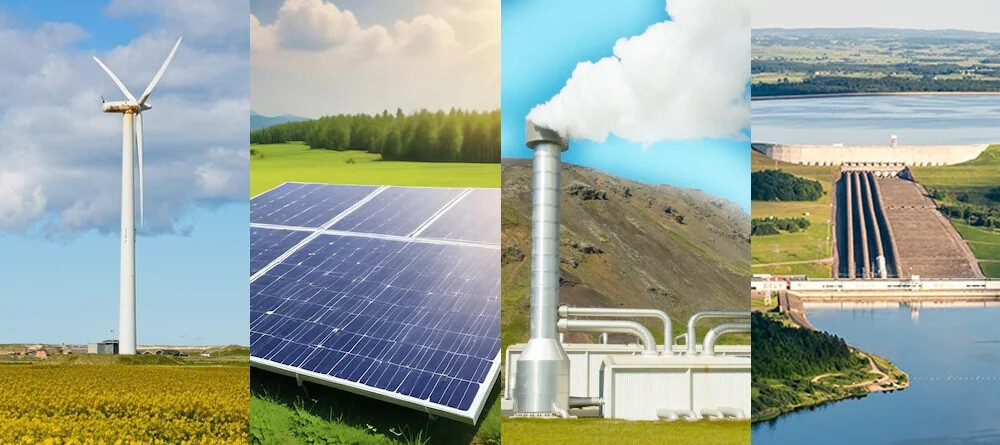
MANILA - Netherlands-based banking giant ING has reaffirmed its commitment to expanding its green finance initiatives in the Philippines, focusing on renewable energy (RE) and sustainable digital infrastructure. This decision is underpinned by the country's robust economic outlook and the growing demand for environmentally responsible investments.
In its recent report, ING disclosed a substantial disbursement of $1.657 trillion in sustainability funds in 2023, marking an 11% increase from the previous year. The bank anticipates continued growth in this sector, particularly through bond financing for institutional and corporate clients, including those in the Philippines' burgeoning renewable energy sector.
"The Philippines is at a pivotal moment in its sustainable finance journey," stated Jun Palanca, ING Philippines Manager. "With stable economic indicators and a clear focus on renewable energy and infrastructure, the country is well-positioned to attract green investments."
ING's global sustainability targets include increasing its annual green financing from $136.33 billion in 2024 to $157.19 billion by 2027. Palanca emphasized that the Philippines' increasing energy demand, coupled with controlled inflation, creates a favorable environment for green financing. The Philippine Statistics Authority (PSA) reported a decrease in overall inflation to 2.1% in February, down from 2.9% in January, driven by lower food, fuel, and housing rental prices.
The Bangko Sentral ng Pilipinas' (BSP) green finance framework, particularly the Philippine Sustainable Finance Taxonomy Guidelines (SFTG), is also expected to attract significant investments. The SFTG categorizes investments into green, amber (transitional), and red (non-aligned) classifications, providing a structured approach for financial institutions to assess and invest in sustainable projects.
Global Shipping and Green Transition
Beyond the Philippines, ING is also expanding its clean energy financing for global shipping firms. Despite geopolitical uncertainties and policy shifts in the United States, ING remains committed to supporting the shipping industry's transition to net-zero emissions.
"Shipping is vital to the global economy," said Stephen Fewster, ING's Global Head for Shipping. "We aim to drive sustainability by financing our clients' transition to net-zero and collaborating with stakeholders."
The bank acknowledges potential headwinds in the global trade landscape, including the ongoing disruptions in the Red Sea and Suez Canal, which contribute to shipping inefficiencies and increased carbon emissions. ING predicts a possible contraction in global trade in 2026, following an expected 2.5% growth this year.
Despite these challenges, ING remains steadfast in its commitment to financing clean energy in the shipping sector and other industries. The bank emphasizes that the Philippines' stable inflation and proactive monetary policy measures provide a conducive environment for green financing.
As the Philippines continues its journey toward a greener economy, ING's financial backing is poised to play a crucial role in advancing the country's renewable energy and infrastructure goals, aligning with global sustainability objectives.
[Copyright (c) Global Economic Times. All Rights Reserved.]



























